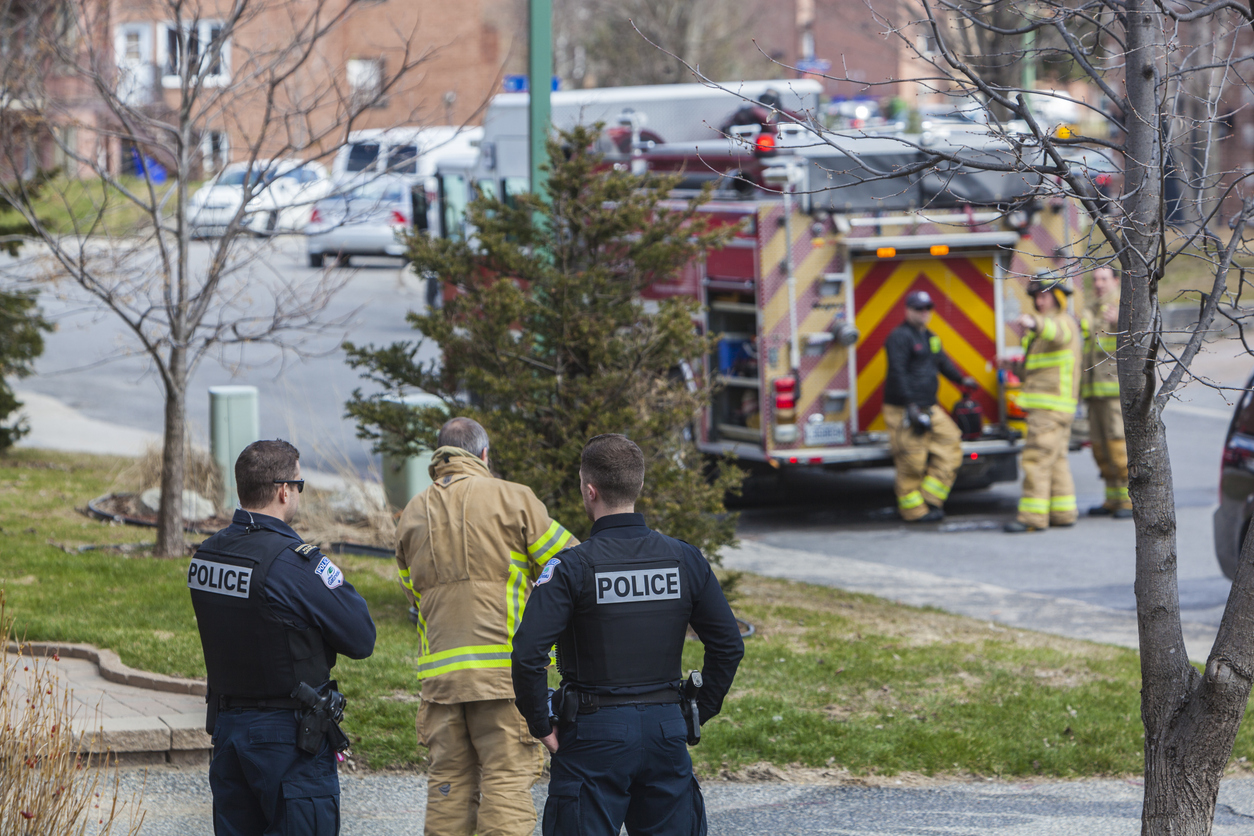Download a PDF of this Legislative Memo with citations here.
Introduction
Since 2004, the Governor of Washington has been granted the authority to negotiate secretly behind closed doors with state employee unions to determine how much taxpayers will pay for compensation to government employees.
Before 2004, those spending decisions were made in public as part of the normal legislative budget process, with the opportunity for comment at public hearings, before state officials made employee compensation promises. The most recent 2015-17 contracts negotiated secretly last summer by the Governor are estimated to increase the cost of state employee compensation by nearly half a billion dollars. Lawmakers only have the ability to vote “yes” or “no” to these contract agreements in their entirety. They are not allowed to propose amendments as they do their work on the 2015-17 operating budget.
To provide more transparency into this secretive process, Senate Bill 5329 would subject these negotiations in the future to the state’s open public meetings law, so that the public, media and lawmakers could see what tradeoffs and promises are being proposed before the final agreements are reached. This is similar to the transparent process used in several other states when deciding the compensation of government employees and the amount of tax dollars required to fund the agreements.
Example from other states
When announcing the first secretly-negotiated state employee contracts in 2004, Governor Gary Locke said:
“This year’s contract negotiations mark the first time in state history that unions have been able to bargain with the state for wages and benefits. The new personnel reform law passed by the Legislature in 2002 expanded the state’s collective bargaining activities to include wages and benefits. In the past, the Legislature unilaterally set those terms.”
Missing in this statement, however, is that this was also the first time in state history these spending decisions were not made in public.
While SB 5329 would retain the governor’s authority to negotiate directly with state employee unions, it would provide more transparency in how these decisions promising taxpayer resources are made.
Several states ensure that the public is not shut out of the collective-bargaining process with government unions. Some states open the entire negotiation process to the public, while others include an exemption when government officials are strategizing among themselves. Once public officials meet with union negotiators, however, the public is allowed to monitor the process.
This is exactly what occurs in Florida. As that state’s Attorney General explains:
“The Legislature has, therefore, divided Sunshine Law policy on collective bargaining for public employees into two parts: when the public employer is meeting with its own side, it is exempt from the Sunshine Law; when the public employer is meeting with the other side, it is required to comply with the Sunshine Law.”
Those opposed to the reform proposed by SB 5329 have said that making government employee contract negotiations transparent is not necessary because citizens are able to make public records requests for all the documents and proposals to get a clearer picture of what happened behind closed doors.
According to the state’s Office of Financial Management, however, no documents that were exchanged (other than final agreement) can be released publicly until after the legislature approves the contracts and the governor signs them into law. This means the public, media and lawmakers are not able to see the various proposals that were exchanged until after the taxpayer funding for the final agreement has already been committed.
Conclusion
State and local employment contracts should not be negotiated in secret. The public provides the money for these agreements. Taxpayers should be allowed to follow the process and hold government officials accountable for the spending decisions they make on our behalf. Open meetings would identify whether one side is being unreasonable, and would quickly reveal whether anyone is acting in bad faith.
A broader conversation should occur about how the relatively new state collective-bargaining process, which took effect in 2004, is working. Even if mandatory government collective bargaining is retained, lawmakers should end the shroud of secrecy that surrounds the current negotiations.
While debate continues about subjecting these negotiations to the state’s open meeting law, at a minimum any documents prepared by the state including offers and counter-offers submitted by the state or unions should be publicly available before each meeting occurs, so the public can know what promises and tradeoffs are being proposed that will be funded with their tax dollars.




